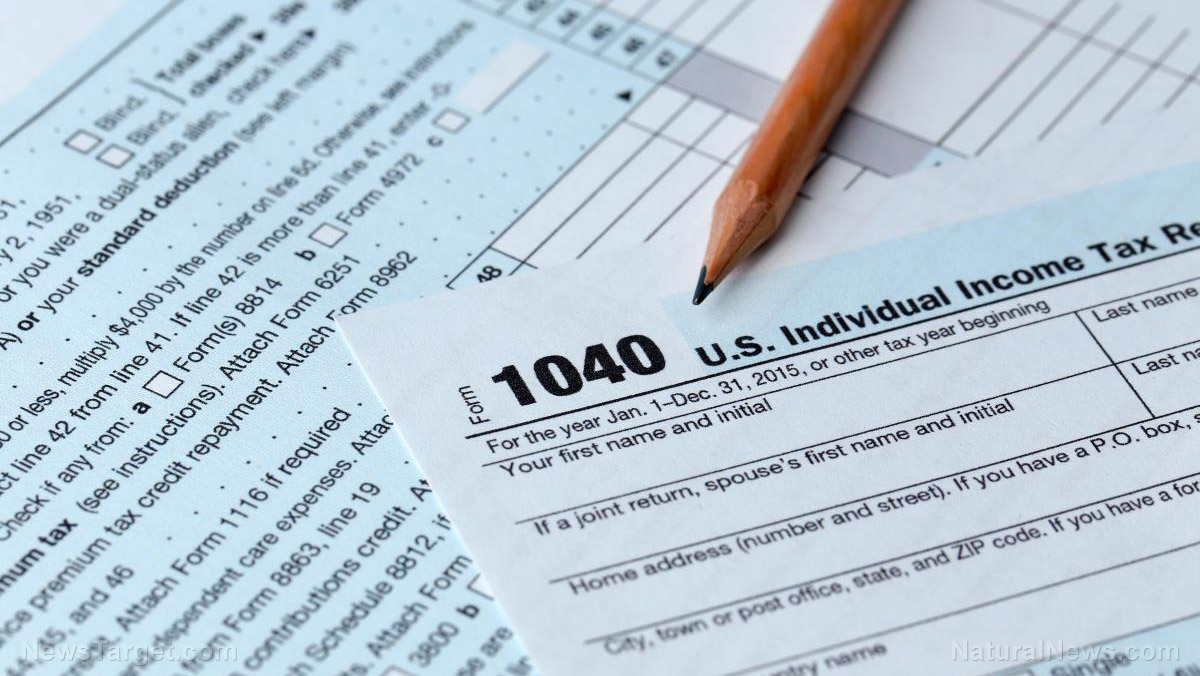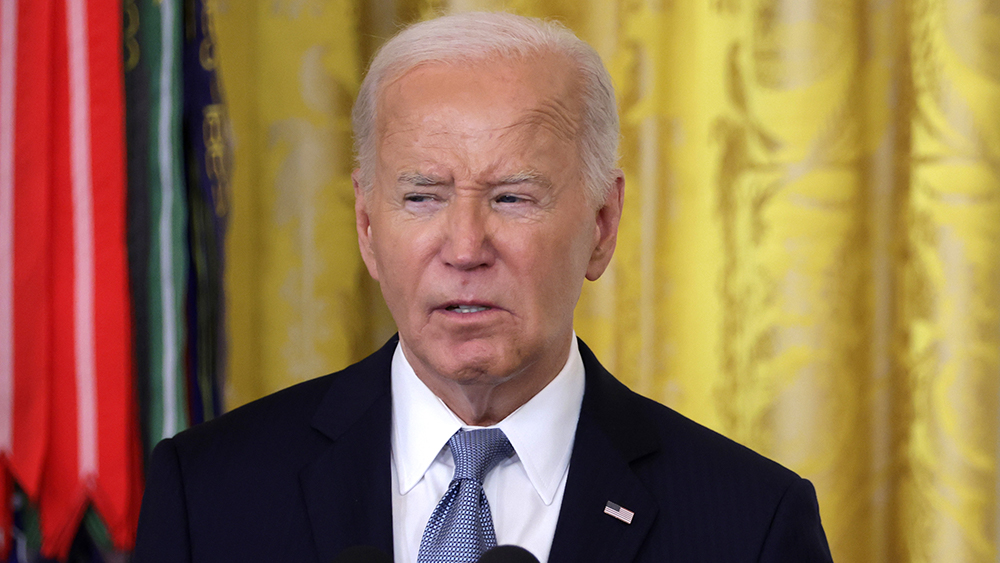 Parler
Parler Gab
Gab
How many times are your tax records accessed without authorization?
According to the U.S. Government Accountability Office, there are weaknesses in the information security controls used by the IRS that pose a risk to taxpayer information, particularly when it comes to contractors. They have made 451 recommendations for strengthening safeguards for taxpayers’ information since 2010, and many of them have yet to be implemented, including some that they consider high priority. They also cited unauthorized access and disclosure by employees of the IRS and cyberthreats as two major threats to taxpayer data security. The Trump leak was highly publicized, and it’s not surprising that an investigation was carried out that went to great lengths to uncover the perpetrator; Littlejohn himself admitted that he expected to eventually face the consequences of his actions. But what about all the other government contractors and agency workers who have access to the tax records of ordinary Americans and could well be accessing them every day without us knowing? Sources for this article include: TheNationalPulse.com Edition.CNN.com IRS.gov GAO.govThe mainstream media is helping Big Pharma promote profitable weight loss injections
By Cassie B. // Share
LAME DUCK: Joe Biden has canceled 9 upcoming trips since withdrawing from presidential race
By Arsenio Toledo // Share
Biden says he pulled out of the race “to allow a new generation to take over”
By Belle Carter // Share
Over 300 suspected heat-related deaths under investigation in Maricopa County
By Ava Grace // Share
Governments continue to obscure COVID-19 vaccine data amid rising concerns over excess deaths
By patricklewis // Share
Tech giant Microsoft backs EXTINCTION with its support of carbon capture programs
By ramontomeydw // Share
Germany to resume arms exports to Israel despite repeated ceasefire violations
By isabelle // Share










